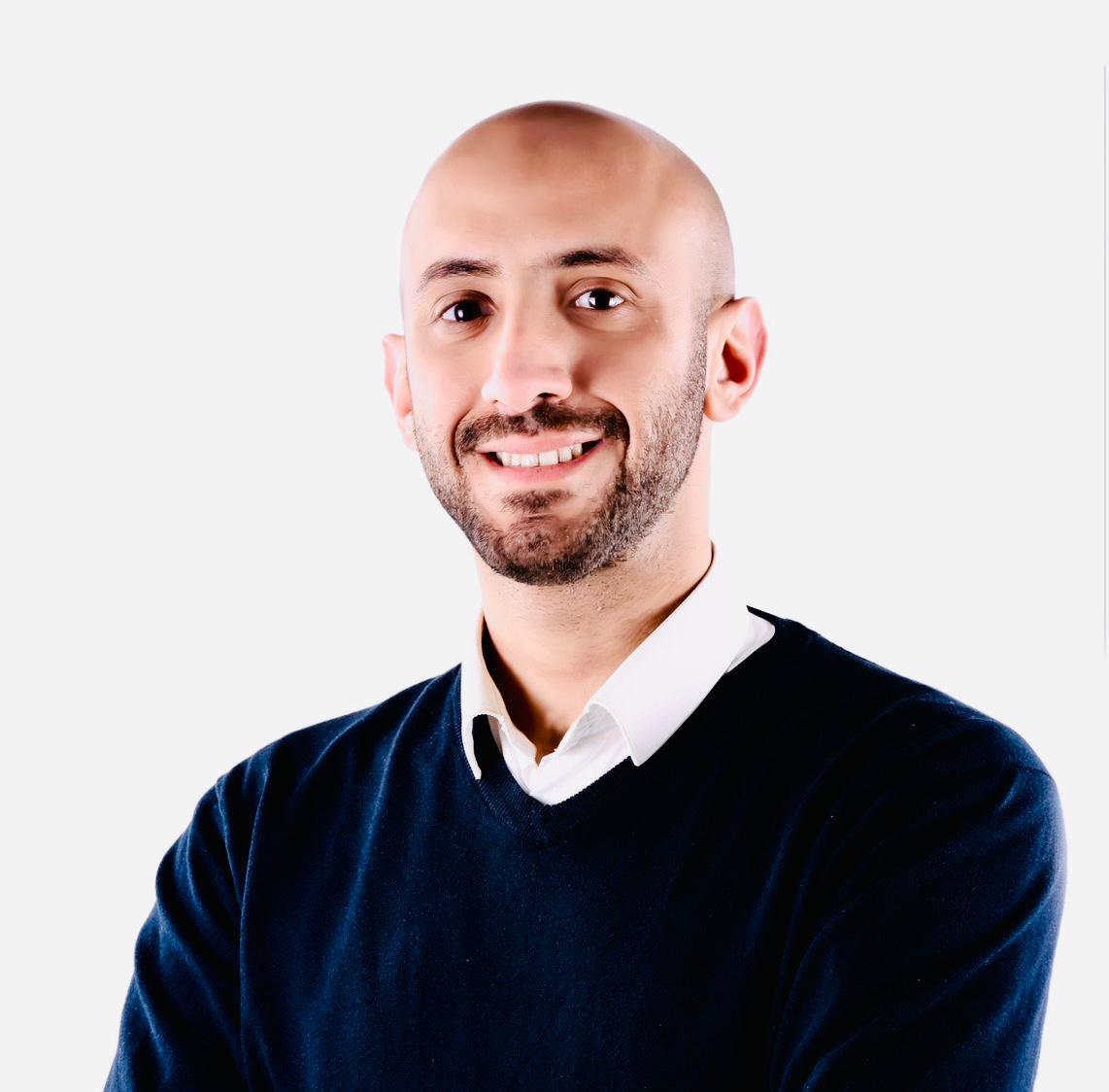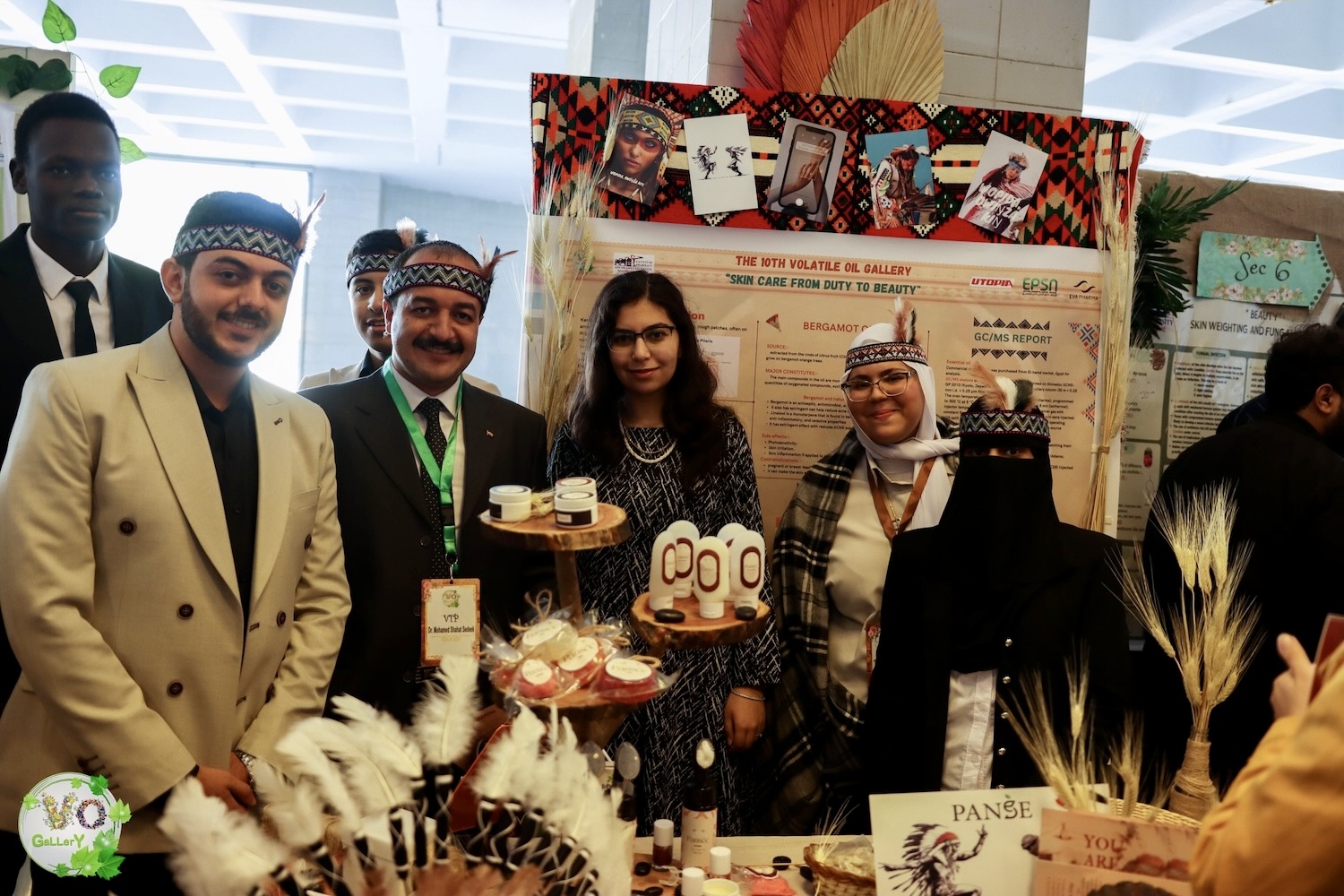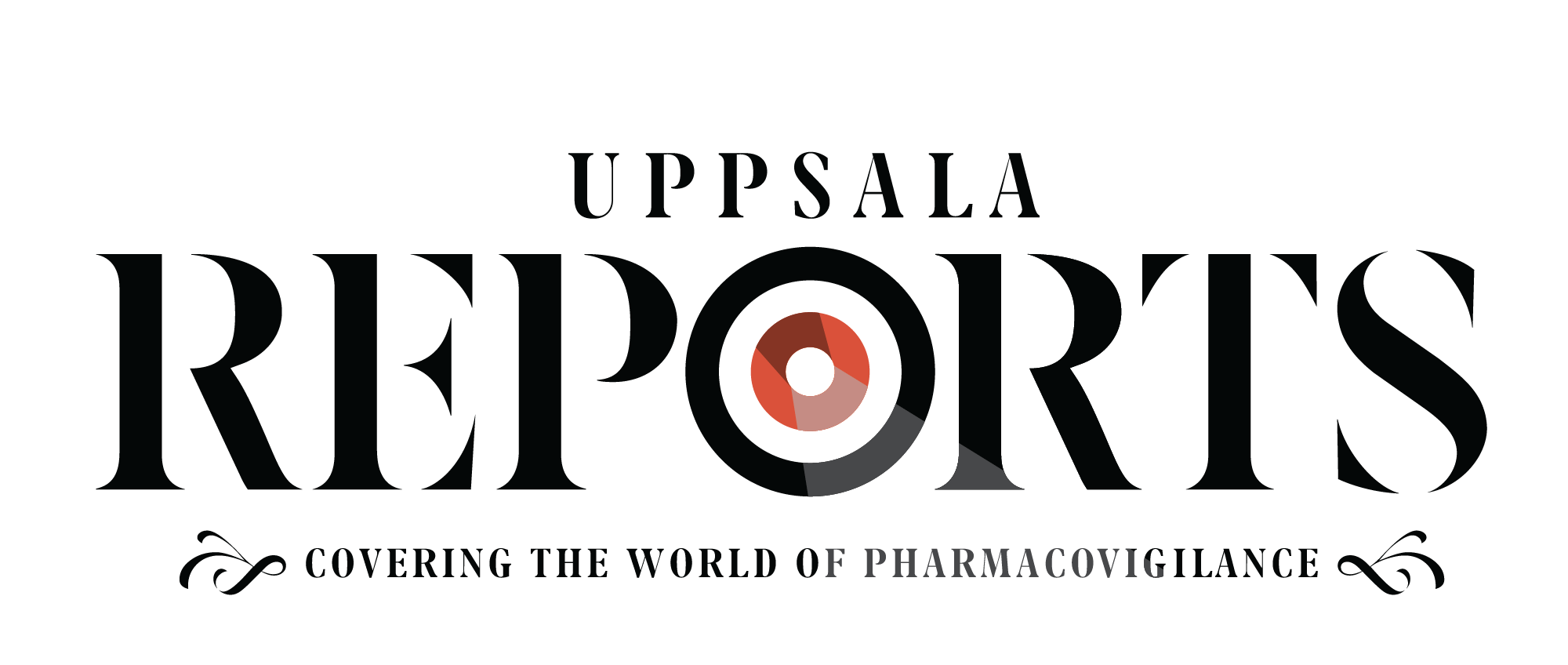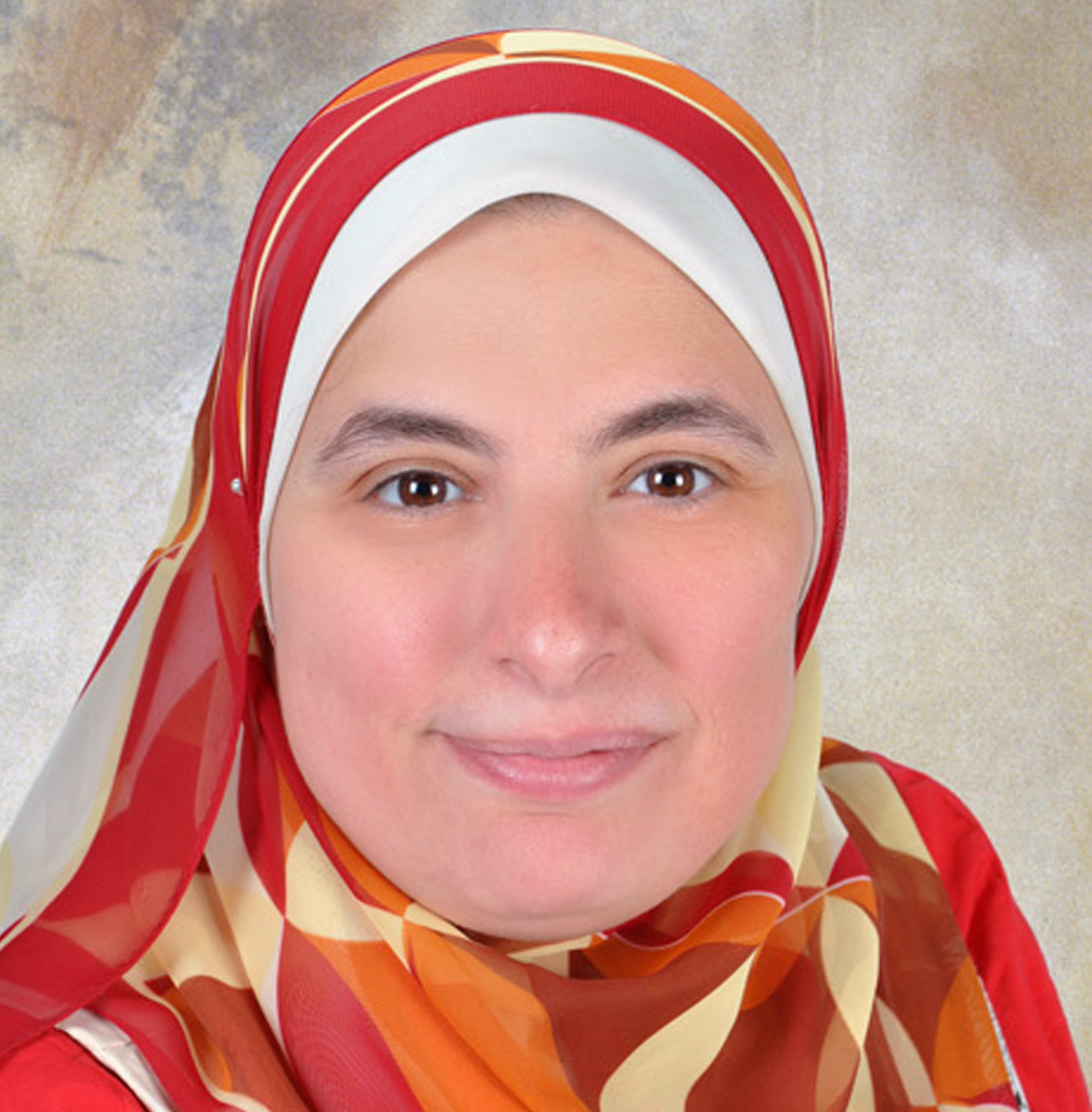
Pharmacovigilance in Egypt is evolving, but some aspects of its scope remain underdeveloped and require further outreach. This includes safe use of herbal medicines, also known as ‘phytovigilance’. The use of natural products in general and herbal medicines in particular is ingrained in our Middle Eastern culture, reinforced by inaccurate perceptions that they do not cause any adverse reactions due to their natural origin.
There are many ways to implement patient safety awareness programs or campaigns. The most effective safety communication method is engaging the target audience to be active participants in disseminating campaign information and its messages instead of regarding them as mere consumers, generating deeper levels of community engagement. The ISoP Egypt Chapter applied such a strategy to UMC’s #MedSafetyWeek campaigns since 2020, which has had a significant impact in boosting and enriching pharmacovigilance activities in the country.
A similar opportunity arose for raising awareness specifically in phytovigilance with the 10th Volatile Oil Gallery (VOG) – an annual symposium established in 2014 by the Pharmacognosy Department of the Faculty of Pharmacy, Ain Shams University. The VOG provides a scientific forum for pharmacognosy department students and researchers to present their work on the use of volatile oils in medicine, with booths hosted by stakeholders from different health sectors (such as national medicines regulatory authorities, nonprofit organisations, pharmaceutical companies, patients, and hospitals). In collaboration with the ISoP Herbal & Traditional Medicines Special Interest Group, the ISoP Egypt Chapter developed an outreach proposal to dispel myths about exaggerated benefits of herbal and traditional medicines, create a platform for sharing safety anecdotes related to herbal medicines, and emphasise the need to include phytovigilance in medical students’ curricula, as many healthcare professionals (HCPs) know little about phytovigilance, let alone pharmacovigilance in general.

In preparation for the event, the ISoP Egypt chapter provided scientific training to the event organisers about pharmacovigilance and its multidisciplinary nature, with special attention to phytovigilance. It also created flyers with a more focused information on phytovigilance targeted to medical students and HCPs, and another targeted towards patients and the public.
This approach helped to create a culture of sharing information, experiences, and feedback between the different stakeholders in the context of a forum on herbal medicines and their side effects.
Dr. Fatima Saad, a gynaecologist and obstetrician, shared a dramatic safety story concerning herbals. She said “I cannot forget about a woman who used to come to my clinic throughout her pregnancy for regular check-ups. She and her baby were in good health, but suddenly I heard from the emergency department that she had suffered a miscarriage due to uterine contractions. I didn't know what had caused them at first, but later learned that it was because she had drunk more liquorice, a traditional drink that is consumed in large quantities during the month of Ramadan. I was so surprised – I did not even think about it being this dangerous as it was just a herb! Since that incident, I have become proactive in warning anyone who is pregnant or planning to become pregnant about the dangers of this drink. I also want to raise awareness of this matter among doctors so that they would know, but I do not know how’’.
Ahmed Ibrahim, a clinical pharmacist, discussed another patient safety issue regarding hypothyroidism patients. Many of them don’t know that their condition can get worse through over-consumption of goitrogens, a compound found in food like cabbage, broccoli, and cauliflower (which is a staple in Egyptian Cuisine) as goitrogens inhibit thyroid function. He added most of them also don’t know that caffeine can interfere with absorption of their medication levothyroxine, and it’s best to wait at least an hour after taking it before partaking in their morning cup of coffee.
Work is ongoing to regulate herbal remedies before they go to market. Such is the role of the National Food Safety Authority (NFSA). Since its establishment in 2017, the NFSA, in cooperation with the Ministry of Health and Populations and the Egyptian Drug Authority, have worked to set legislation for herbal products as well as develop a blueprint for correct manufacturing of these products, as especially when it comes to herbals, adverse reactions do not come only from the active ingredient but also from the extraction process and method of storage.
Finally, creating channels for communication such as the forums at the VOG helps to consolidate the culture of safety of herbal products into the routine life of the community. Furthermore, establishing a strong coalition between pharmacovigilance stakeholders will only help in addressing the challenges of integrating phytovigilance into our healthcare systems.
Acknowledgements
The authors wish to thank Souad Skali, Chair of ISoP H&TMs SIG, Heba Ibrahim from the MedDRA MSSO and Angela Caro-Rojas, President of ISoP for their support in developing the framework. The authors also wish to thank all supporting and collaborating organisations, along with those who gave time to participate in our campaign.
Read More:





